Pradyumn Pundir
On Continuous Integration / Continuous Delivery for Automated Deployment of Machine Learning Models using MLOps
Feb 07, 2022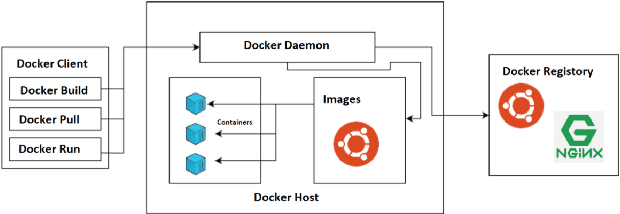
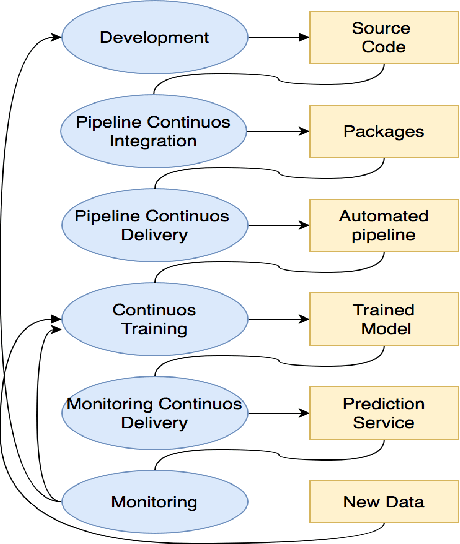
Abstract:Model deployment in machine learning has emerged as an intriguing field of research in recent years. It is comparable to the procedure defined for conventional software development. Continuous Integration and Continuous Delivery (CI/CD) have been shown to smooth down software advancement and speed up businesses when used in conjunction with development and operations (DevOps). Using CI/CD pipelines in an application that includes Machine Learning Operations (MLOps) components, on the other hand, has difficult difficulties, and pioneers in the area solve them by using unique tools, which is typically provided by cloud providers. This research provides a more in-depth look at the machine learning lifecycle and the key distinctions between DevOps and MLOps. In the MLOps approach, we discuss tools and approaches for executing the CI/CD pipeline of machine learning frameworks. Following that, we take a deep look into push and pull-based deployments in Github Operations (GitOps). Open exploration issues are also identified and added, which may guide future study.
MOFit: A Framework to reduce Obesity using Machine learning and IoT
Aug 19, 2021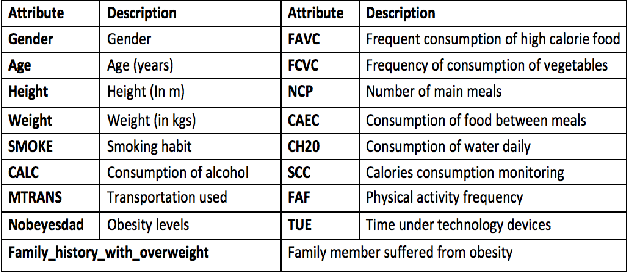
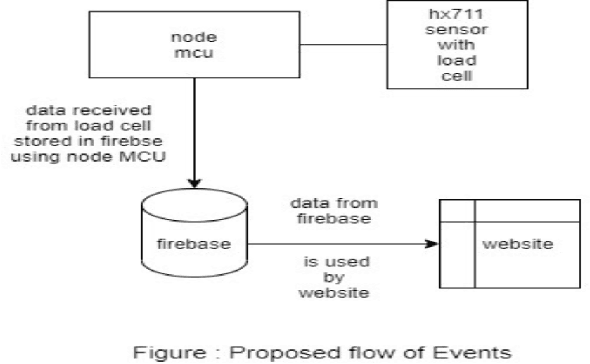
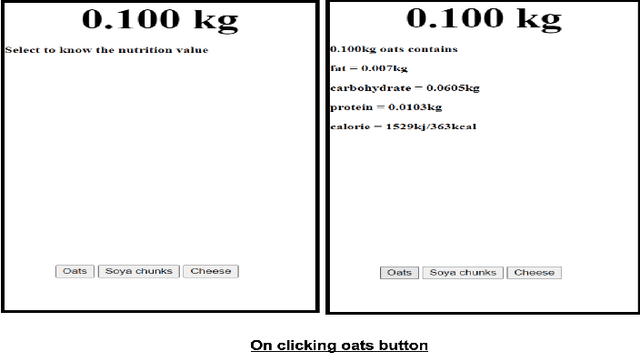
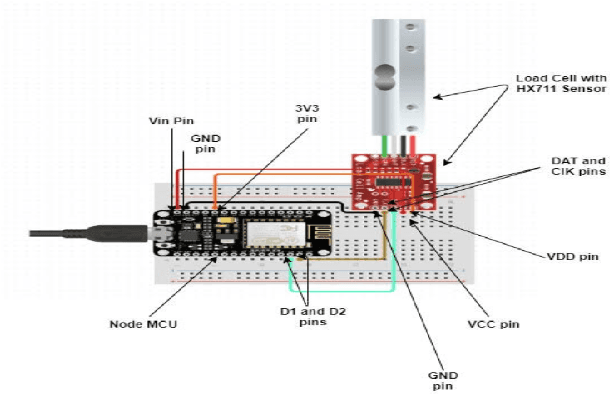
Abstract:From the past few years, due to advancements in technologies, the sedentary living style in urban areas is at its peak. This results in individuals getting a victim of obesity at an early age. There are various health impacts of obesity like Diabetes, Heart disease, Blood pressure problems, and many more. Machine learning from the past few years is showing its implications in all expertise like forecasting, healthcare, medical imaging, sentiment analysis, etc. In this work, we aim to provide a framework that uses machine learning algorithms namely, Random Forest, Decision Tree, XGBoost, Extra Trees, and KNN to train models that would help predict obesity levels (Classification), Bodyweight, and fat percentage levels (Regression) using various parameters. We also applied and compared various hyperparameter optimization (HPO) algorithms such as Genetic algorithm, Random Search, Grid Search, Optuna to further improve the accuracy of the models. The website framework contains various other features like making customizable Diet plans, workout plans, and a dashboard to track the progress. The framework is built using the Python Flask. Furthermore, a weighing scale using the Internet of Things (IoT) is also integrated into the framework to track calories and macronutrients from food intake.
Towards a Multimodal System for Precision Agriculture using IoT and Machine Learning
Jul 10, 2021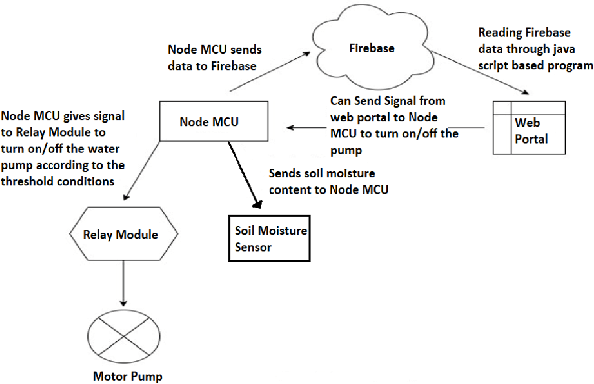
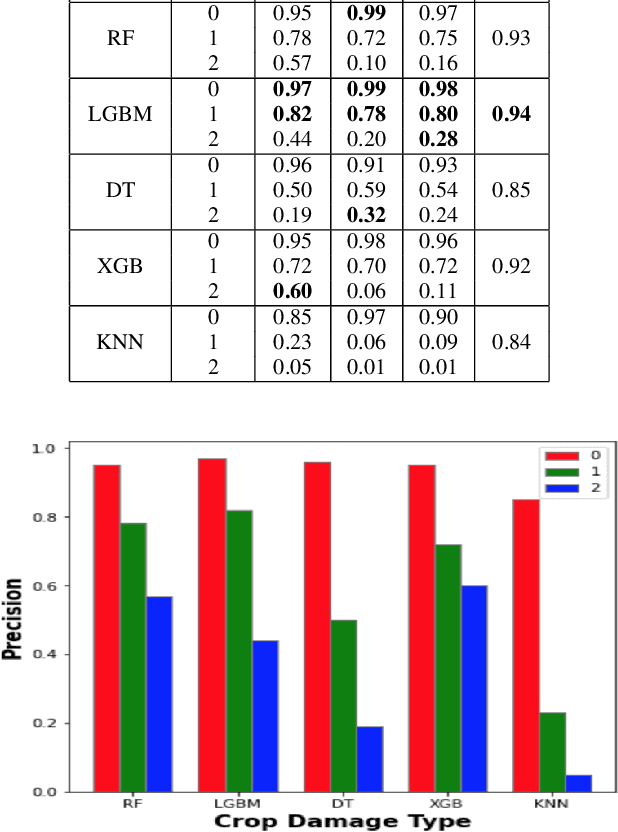
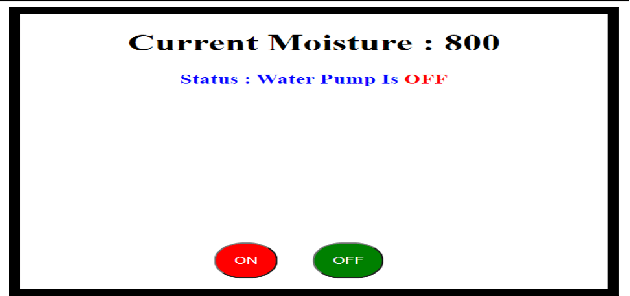
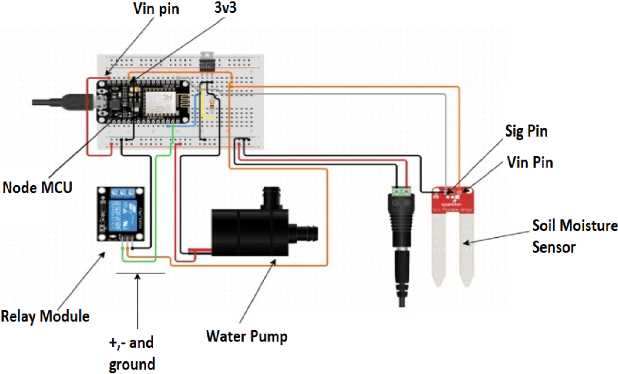
Abstract:Precision agriculture system is an arising idea that refers to overseeing farms utilizing current information and communication technologies to improve the quantity and quality of yields while advancing the human work required. The automation requires the assortment of information given by the sensors such as soil, water, light, humidity, temperature for additional information to furnish the operator with exact data to acquire excellent yield to farmers. In this work, a study is proposed that incorporates all common state-of-the-art approaches for precision agriculture use. Technologies like the Internet of Things (IoT) for data collection, machine Learning for crop damage prediction, and deep learning for crop disease detection is used. The data collection using IoT is responsible for the measure of moisture levels for smart irrigation, n, p, k estimations of fertilizers for best yield development. For crop damage prediction, various algorithms like Random Forest (RF), Light gradient boosting machine (LGBM), XGBoost (XGB), Decision Tree (DT) and K Nearest Neighbor (KNN) are used. Subsequently, Pre-Trained Convolutional Neural Network (CNN) models such as VGG16, Resnet50, and DenseNet121 are also trained to check if the crop was tainted with some illness or not.
 Add to Chrome
Add to Chrome Add to Firefox
Add to Firefox Add to Edge
Add to Edge